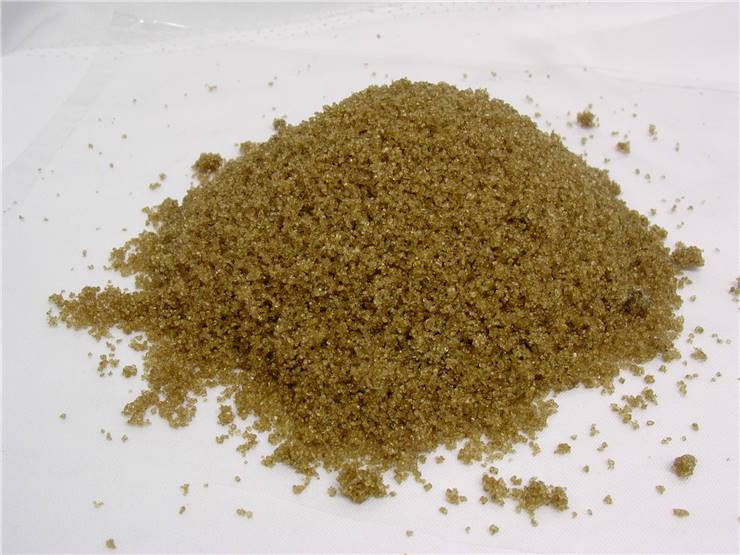Sugar Substitutes - Artificial and Natural Sweeteners
Even though sugar is absolutely most popular sweetening ingredient on the market today, there are many alternatives to it. Some sugar substitutes are used in products that are specifically designed to have certain taste, recipes that require that very small amount of substance gives highly intensive sweet taste, sometimes because of health concerns, and off course many natural sweet sources are used because of their unique tastes and flavor textures. He re you can find out more about them.
Majority of the sugar substitute that are approved to be used in mass market products are created artificially, and even some naturally made sugary substances are created artificially because of the difficult ways of procuring them from natural sources (like sorbitol and xylitol that can be found in berries, fruits, vegetables and mushrooms). United States currently allows six intensely-sweet sugar substitutes that are used in many commercial food products. They are stevia (uses rebaudioside A that is extracted from the stevia plant), aspartame (fully artificial, also known as E951), sucralose (600 times more sweet than table sugar), neotame (7 to 13 thousand times more sweet that table sugar), acesulfame potassium (also known as Ace K or E950), and saccharin (emerged during World War I sugar shortages in United States).

Increasing number of commercial food products are moving away from natural sugars or corn syrups and embracing artificial sweeteners. Some studies say that only in the United States there was total of 3920 products containing artificial sweeteners in the period between 2000 and 2005. Apartame is considered to be the most popular sweetener (mostly because of its low price and good qualities), although sucrose is poised to surpass it.
The most commonly found food products that have artificial sweeteners in them are sodas, cereals, sugar-free deserts, ice creams, etc. Reasons for their widespread use is mostly based on the potential health risks of sugar – dental care, weight loss, immune system boost, fight against bacterial, and diabetes. Of course, mass production of artificial sweeteners had made them very cheap.
If you want to experiment with your recipes and remove sugar from it, here are some easy ways to retain sweetness of your creations:
- Honey
- Agave Nectar
- Maple Syrup
- Applesauce
- Grapefruit
- Unsweetened Cocoa Powder
- Cranberries
- Barley Malt Extract
- Apricot Puree
- Milk
- Tea Leaves
- Rum
- Yacón Syrup
